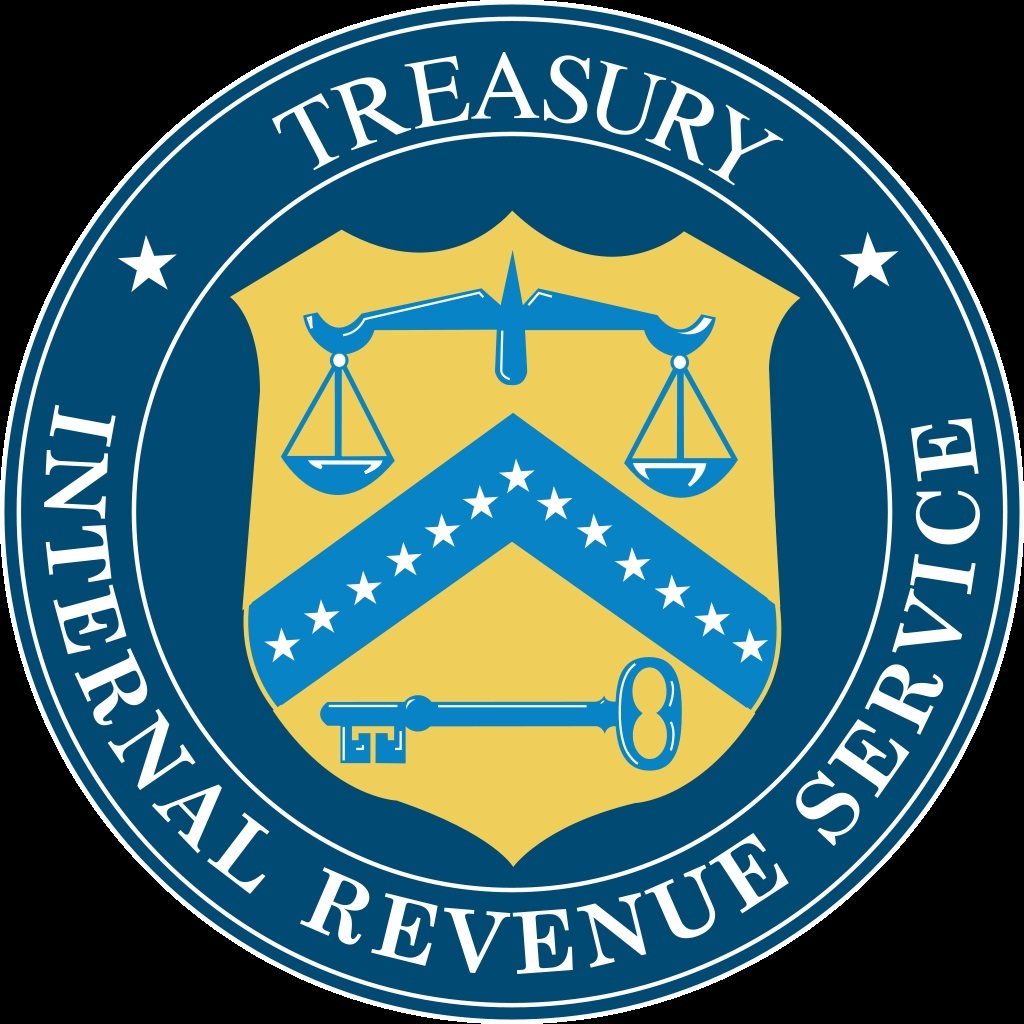The Tax Cuts and Jobs Act (“the Act”) was signed into law on December 22, 2017 and officially went into effect on January 1, 2018. A summary of provisions of interest to not-for-profit organizations follow. The issuance of regulations or other guidance to allow for implementation of these provisions is still in progress so there are many unanswered questions currently.
Unrelated Business Taxable Income Separately Computed for Each Trade or Business Activity
Formerly, a deduction from one trade or business activity generating unrelated business taxable income could be used to offset income from another unrelated trade or business activity, reducing the overall tax bill. This is no longer permissible. The organization’s unrelated business taxable income would be the sum of the unrelated business income computed separately for each unrelated activity (and not be less than zero for any activity), less the specific deduction.
Excise Tax Based on Investment Income of Private Colleges and Universities
The Act creates a new 1.4% excise tax on the net investment income (to be defined) for “applicable educational institutions”—generally those with 500+ tuition-paying students and 50% of students who are located within the United States. The tax would be levied on assets not used directly in carrying out the institution’s exempt purpose for those institutions with such assets of at least $500,000 per student.
Excise Tax on Excess Tax-Exempt Organization Executive Compensation
The Act imposes a tax of 21% of the renumeration paid by a not-for-profit organization for the taxable year with respect to a covered employee (in excess of $1,000,000 and that same tax on any excess “parachute payment” to a covered employee. Definitions of “renumeration”, “covered employee” and “parachute payment” are contained within the Act. There are also limitations and exceptions to these provisions.
Unrelated Business Income Taxable Income Increased by Amount of Certain Fringe Expenses for Which Deduction Is Disallowed
Organizations paying for any qualified transportation fringe benefit (as defined in section 132(f)), any parking facility used in connection with qualified parking (as defined in section 132(f)(5)(C)), or any on-premises athletic facility (as defined in section 132(j)(4)(B)) now must claim unrelated business taxable income for the amounts of those fringe benefits that are now no longer deductible for for-profit businesses.
Repeal of Advance Refunding Bonds
Refunding bonds issued more than 90 days before the redemption of the refunded bonds (advance refunding bonds) no longer can have tax-free interest for any such bonds issued after December 31, 2017.
Other Provisions of the Act:
- Raises standard deduction to $24,000 for married couples and $12,000 for individuals;
- Increases income-based percentage limit for contributions of cash to public charities (from 50% to 60%);
- Repeals the deduction for moving expenses;
- Limits the deduction for state and local taxes (property taxes, state/local income taxes, and/or sales taxes) to $10,000
- Denies a charitable deduction for payments made in exchange for college athletic event seating rights;
- Increases estate and gift tax exemption for estates of decedents dying and gifts made after December 31, 2017, and before January 1, 2026. (Basic exclusion raised from $5 million to $10 million, indexed for inflation after 2011)


